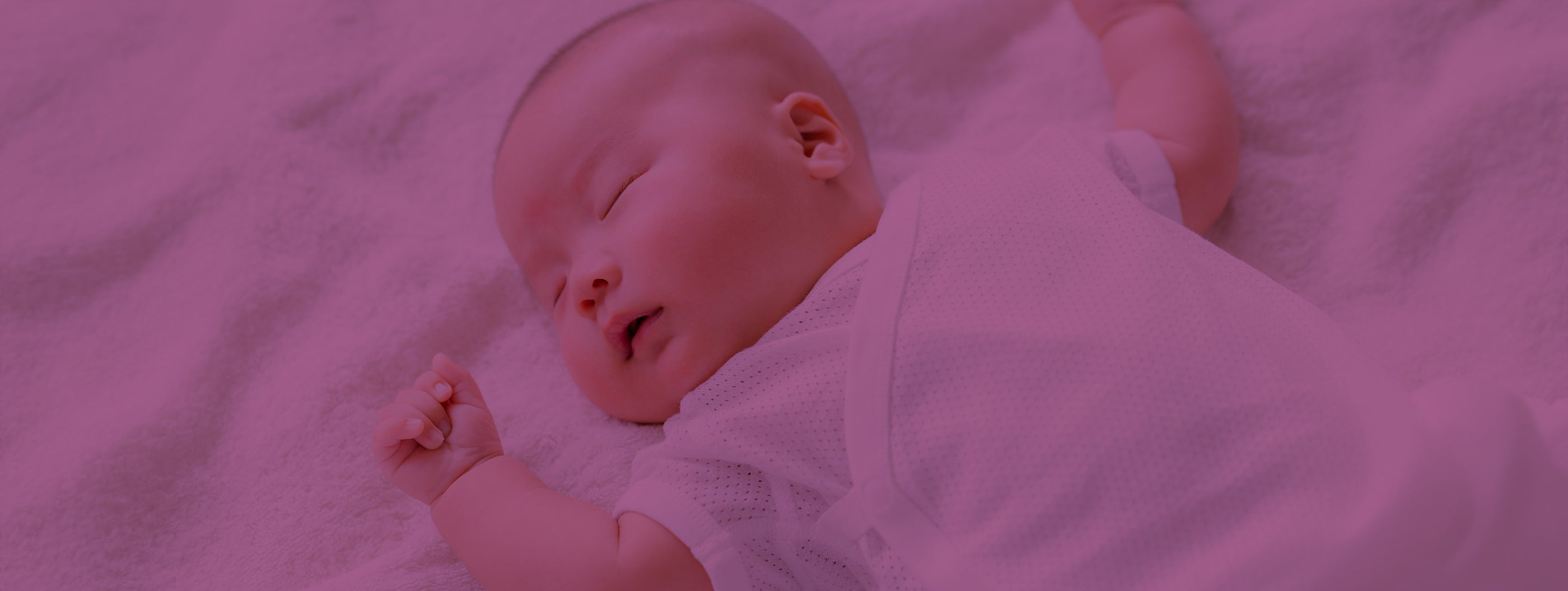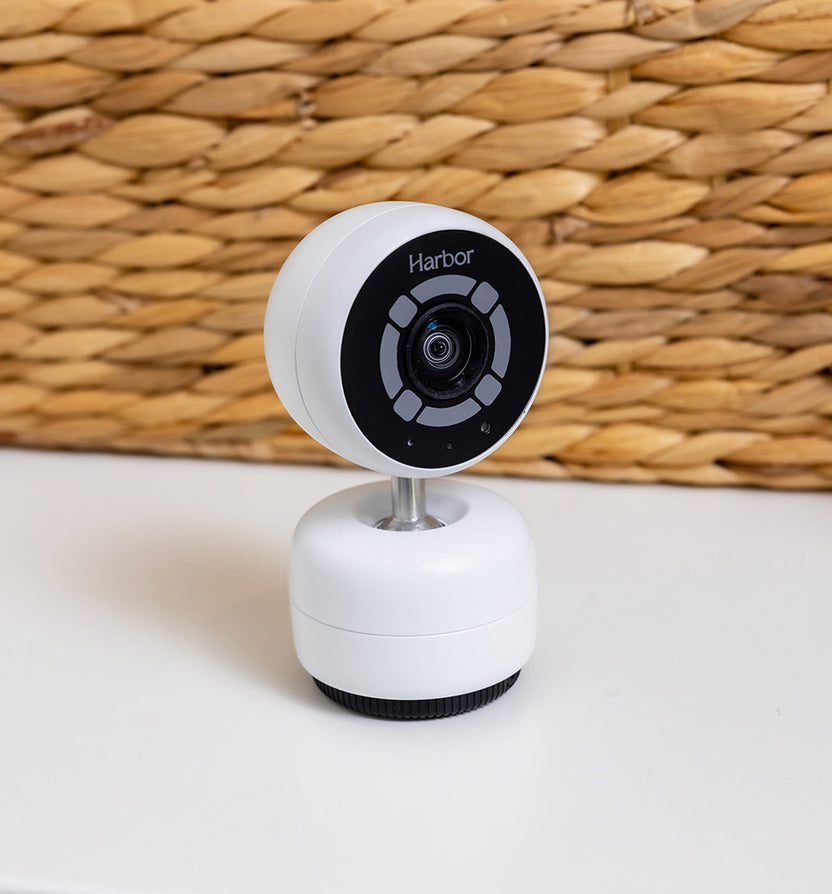
Celebrating National Sleep Awareness Week
Breaking Down Barriers this National Sleep Awareness Week
The National Sleep Foundation is celebrating Sleep Awareness Week from March 10–16 this year. Now in its 26th year, Sleep Awareness Week aims to educate people on the relationship between sleep, health, and well-being.
At Harbor, we treat every week like Sleep Awareness Week, but we’ll never shy away from an opportunity to double down on education.
Sleep health is mental health (and baseline health)
As part of this year’s campaign, the National Sleep Foundation will be presenting a briefing to Congress titled “Sleep Health is Mental Health”[1] that explores the relationship that sleep can have on mental health.
At Harbor, we’re no strangers to this connection. Approximately 70% of parents lose at least three hours of sleep each night during their baby’s first year, adding up to a whopping 133 nights of lost sleep in that year[2].
A 2023 survey by the National Sleep Foundation found that more than half of adults who got less than 7–9 hours of sleep each night were more likely to experience depressive symptoms. Conversely, more than 90% of adults who report good sleep health reported no significant depressive symptoms[3].
2 in 3 parents feel exhausted before the day even starts. 30% of couples who separate said child-induced sleep deprivation was a direct causative factor. The consequences of poor sleep for parents include[5][6]:
- Worsened symptoms of postpartum depression
- Mood instability and pessimism
- Increased risk of diabetes, cancer, heart disease, and all major psychiatric conditions
- Weakened immunity, high blood pressure, weight, sex drive/fertility & memory issues
Infants and young children need sleep to:
- Keep their immune system healthy & grow
- Strengthen their memory & emotion regulation
- Establish healthy sleep habits for childhood and teenage years
- Develop motor skills
“…less-rested children had a smaller volume in the areas of the brain responsible for attention, memory, and inhibition control… lower volumes were still evident two years after the initial evaluation.”
Harvard Medicine highlights the importance of sleep in an article appropriately titled A Child’s Need for Sleep, sharing: [7]
“Brain imaging showed that the less-rested children had a smaller volume of gray matter in the areas of the brain responsible for attention, memory, and inhibition control. And these neurological deficits didn’t diminish quickly; the researchers found that the lower volumes were still evident two years after the initial evaluation."
Sleep is the most fundamental building block of health. It certainly does deserve at least its own week of recognition.
How Harbor helps
Harbor exists to create happier parents and healthier families. Our Camera and Monitor are designed with trust and security in mind, allowing parents to rest easy and know that they’ll be alerted if and when their child needs them.
But we didn’t stop at a camera and monitor system. Our Remote Night Nanny (RNN) service offers families the expertise and support of an in-home night nanny at a fraction of the cost. RNNs can remotely monitor your child and alert you when they need you, so you can get better rest. Curious to learn more? Harbor ships Summer 2024 and is available for preorder today.
For just $9/month, Harbor also offers convenient SMS sleep coaching from our team of professional infant care experts and Registered Nurses. Parents can text or email our team with questions, concerns, and challenges related to sleep training and feeding and receive recommendations personalized to their family’s unique needs.
With tools you can trust and access to expert guidance, Harbor is here to create happier parents and healthier families, one restful night at a time.
Sources:
2 https://www.snuz.co.uk/sleep-centre/news/the-truth-about-sleep-snuz-sleep-survey-results/
3 https://www.thensf.org/how-is-your-sleep-health-linked-to-your-mental-health/
5 https://www.medicalnewstoday.com/articles/307334#effects-on-the-body
6 https://www.healthline.com/health/sleep-deprivation/effects-on-body
7 https://magazine.hms.harvard.edu/articles/childs-need-sleep
